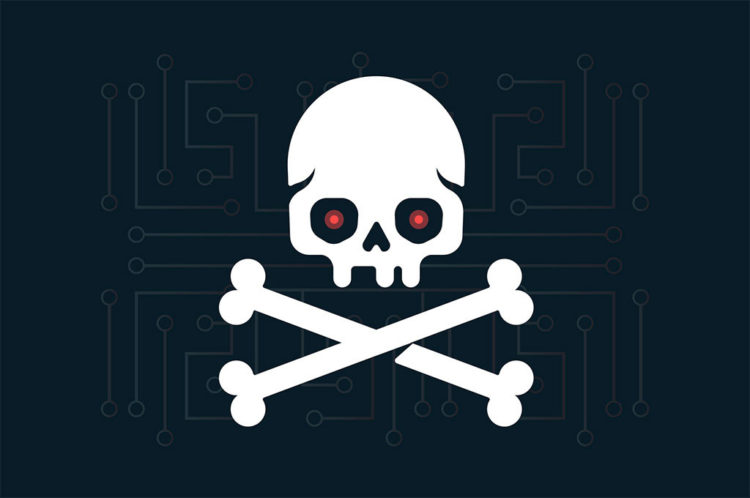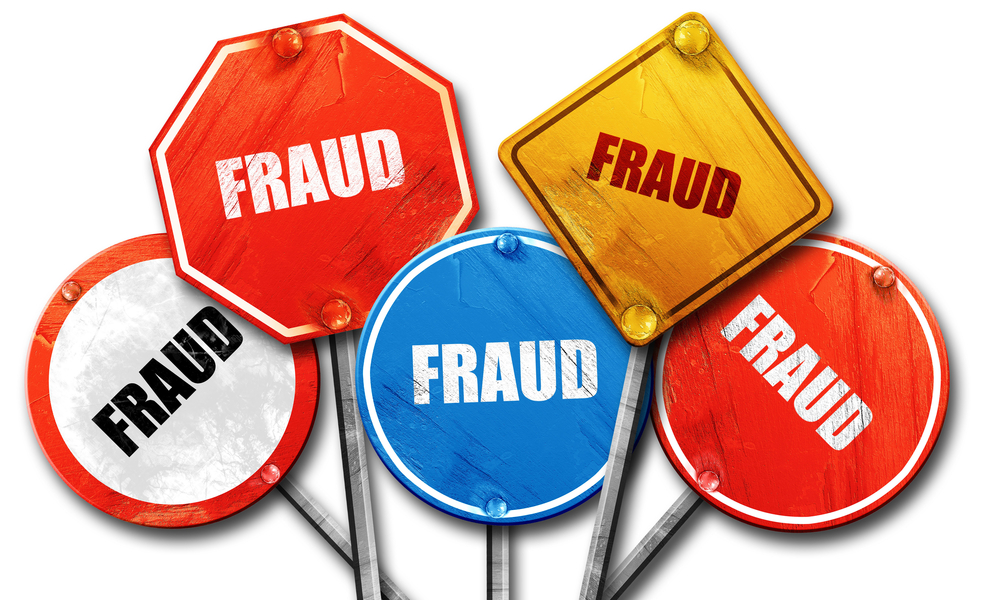
If your computer starts acting up, it could be compromised with a virus or malware; however, this is just one of the many warning signs that could mean that your computer is infected. This is why it is vital to take action as quick as possible.
Here are the 13 most common warning signs of a malware infection on your computer.
1. Your computer is running slowly and your apps and files take longer to load than usual.
2. You keep getting blasted with pop-up ads or strange messages on your computer.
3. Your computer keeps crashing and/or it freezes and the blue screen of death appears.
4. You start getting this message on a regular basis, “you’re running out of disk space on Windows.”
5. You notice that when you start up your computer the network activity increases suspiciously.
6. Your homepage changes and you don’t remember doing it yourself.
7. Your computer is acting strange, like programs opening and closing, random shutting down, unusual messages, etc.
8. You’re getting messages saying that your antivirus software has been disabled.
9. Your friends are telling you that they’re getting random, strange messages from you on Facebook or other social media networks.
10. You notice that your desktop has new, unfamiliar icons that you do not recognize.
11. You start to see some unusual error messages appearing on your computer.
12. You can’t access your Control Panel on your computer.
13. Everything is working perfectly fine on your computer, but you’re paranoid and still want to check for malware. When it comes to protecting your data, it is vital to be a bit paranoid! The best way to protect your computer is to install a reliable security solution and do regular backups.
If you want to learn more about malware or any of our other services including open-source intelligence, digital forensics and IT support and solutions, please call 021 110 0422 or visit our websites www.osint.co.za | www.tcgforensics.co.za | www.tcgza.co.za

